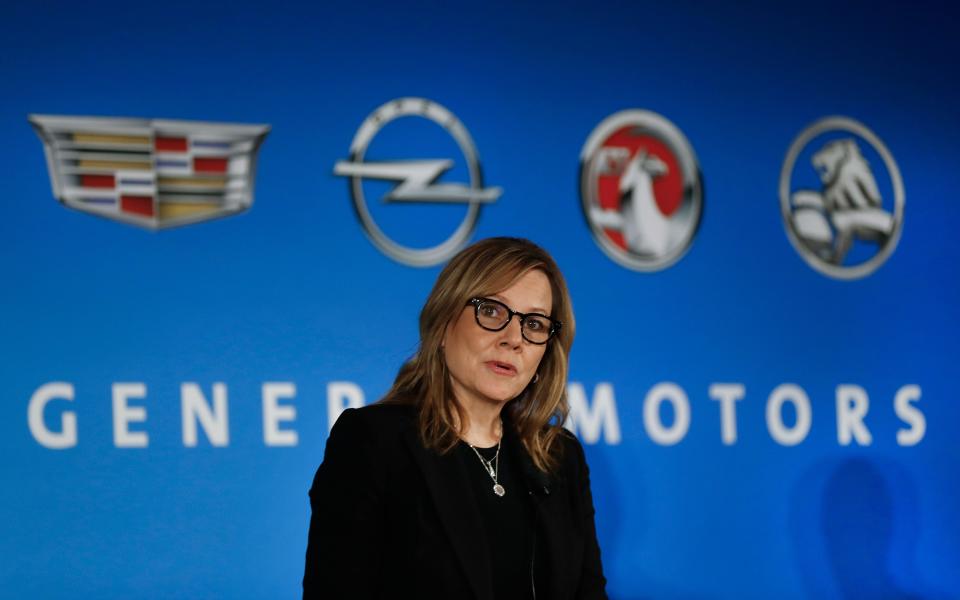GM could sell European business to Peugeot in $2bn deal
General Motors could sell its Vauxhall and Opel marques to Peugeot in a deal worth $2bn that would free if from its loss-making European arm which has gone $9bn into the red since 2009.
Peugeot-owner Groupe PSA is in discussions about buying the US car giant’s European arm, with reports that it will pay about $1bn in cash.
PSA will also assume about $1bn in liabilities attached to the European car makers, who have not made a profit in over 15 years.
“PSA paying a relatively small amount to take a problem of GM’s hands would make sense,” said Professor David Bailey, an automotive industry expert at Aston University.
“They would then look to find savings and the way to do that is to reduce capacity which means cutting plants.”
Finding savings by combining the companies could increase the value, but it is not certain that efficiencies could be achieved in an uncertain market.
Both company’s range of cars mean are similar, meaning that they already compete in the same markets with the European car industry already suffering from production over capacity. Shutting some plants would reduce costs as well as reduce cannibalisation of the same market.
GM has more than 20 Opel plants across Europe in addition to the Vauxhall bases in Ellesmere Port near Liverpool and the Luton van plant in Bedfordshire.
Vauxhall employs about 4,500 staff making vehicles in the UK, with 23,000 people working in its retail and support operations. There are a further 7,000 people in its supply chain whose jobs depend on the company’s presence in the UK.
“A combined Peugeot-GM could do without several of those plants,” said Professor Bailey.
The French state holds a near-14pc stake in PSA, meaning that the plants in there would be unlikely to go, while German politicians and the country’s powerful unions have vowed to protect jobs in the event of a tie-up. Chancellor Angela Merkel has said she will “do everything she can” to secure the jobs of Opel’s almost 30,000 staff in Germany.
This leaves the UK operations most exposed to any closures. The prospect of Brexit only strengthens the case, with worries that failure to secure a free-trade deal would means export tariffs on cars made in Britain.
Len McCluskey, boss of the Unite union, is currently seeking talks with PSA to gain assurances about the future of UK car workers.
Business Secretary Greg Clark rushed to Paris on Thursday night for crisis talks with PSA and GM bosses about the future of the UK plants. He called the discussions “constructive”, with GM “recognising the excellent and committed workforce” it has in the UK.
Peugeot is understood to be keen to seal a deal quickly, with those close to the situation describing it as “a matter of weeks, not months”.
GM has racked up losses in Europe of $9bn since 2009 and is equally motivated to end its troubles in the market.

 Yahoo Finance
Yahoo Finance 


